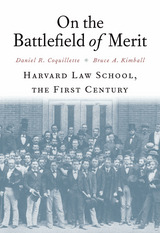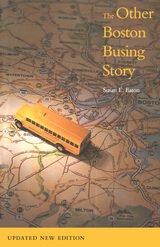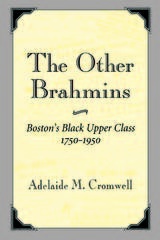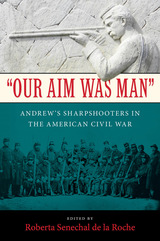5 start with O start with O

Harvard Law School is the oldest and, arguably, the most influential law school in the nation. U.S. presidents, Supreme Court justices, and foreign heads of state, along with senators, congressional representatives, social critics, civil rights activists, university presidents, state and federal judges, military generals, novelists, spies, Olympians, film and TV producers, CEOs, and one First Lady have graduated from the school since its founding in 1817.
During its first century, Harvard Law School pioneered revolutionary educational ideas, including professional legal education within a university, Socratic questioning and case analysis, and the admission and training of students based on academic merit. But the school struggled to navigate its way through the many political, social, economic, and legal crises of the century, and it earned both scars and plaudits as a result. On the Battlefield of Merit offers a candid, critical, definitive account of a unique legal institution during its first century of influence.
Daniel R. Coquillette and Bruce A. Kimball examine the school’s ties with institutional slavery, its buffeting between Federalists and Republicans, its deep involvement in the Civil War, its reluctance to admit minorities and women, its anti-Catholicism, and its financial missteps at the turn of the twentieth century. On the Battlefield of Merit brings the story of Harvard Law School up to 1909—a time when hard-earned accomplishment led to self-satisfaction and vulnerabilities that would ultimately challenge its position as the leading law school in the nation. A second volume will continue this history through the twentieth century.

Reexamining religious culture in seventeenth-century New England, Janice Knight discovers a contest of rival factions within the Puritan orthodoxy. Arguing that two distinctive strains of Puritan piety emerged in England prior to the migration to America, Knight describes a split between rationalism and mysticism, between theologies based on God’s command and on God’s love. A strong countervoice, expressed by such American divines as John Cotton, John Davenport, and John Norton and the Englishmen Richard Sibbes and John Preston, articulated a theology rooted in Divine Benevolence rather than Almighty Power, substituting free testament for conditional covenant to describe God’s relationship to human beings.
Knight argues that the terms and content of orthodoxy itself were hotly contested in New England and that the dominance of rationalist preachers like Thomas Hooker and Peter Bulkeley has been overestimated by scholars. Establishing the English origins of the differences, Knight rereads the controversies of New England’s first decades as proof of a continuing conflict between the two religious ideologies. The Antinomian Controversy provides the focus for a new understanding of the volatile processes whereby orthodoxies are produced and contested. This book gives voice to this alternative piety within what is usually read as the univocal orthodoxy of New England, and shows the political, social, and literary implications of those differences.


Adelaide Cromwell’s pioneering work explores race and the social caste system in an atypical northern environment over a period of two centuries. Based on scholarly sources, interviews, and questionnaires, the study identifies those blacks in Boston who exercised political, economic, and social leadership from the end of the eighteenth century to the middle of the twentieth. The central focus is a comparison of black and white upper-class women in the 1940s.
This rare look at a black social microcosm not located in the South is seminal and timely. Because it concludes at a critical period in American history, The Other Brahmins paints a colorful backdrop for evaluating subsequent changes in urban sociology and stratification. In a groundbreaking study, Cromwell effectively challenges the simplistic notions of hierarchy as they pertain to race.

Introduced and edited by Roberta Senechal de la Roche, these primary accounts include new details about the equipment, training, and deployment of snipers in the Army of the Potomac. They also reveal the challenges of covert warfare and include rich detail on the everyday problems of Civil War soldiers, including bad food, disease, punishing marches, and homesickness. The collected documents also convey the trials of those left on the home front.
READERS
Browse our collection.
PUBLISHERS
See BiblioVault's publisher services.
STUDENT SERVICES
Files for college accessibility offices.
UChicago Accessibility Resources
home | accessibility | search | about | contact us
BiblioVault ® 2001 - 2024
The University of Chicago Press









